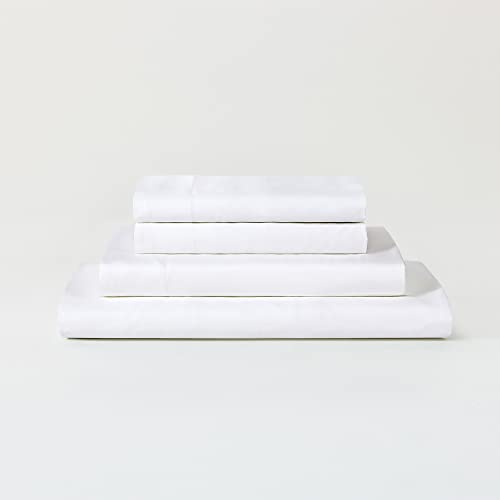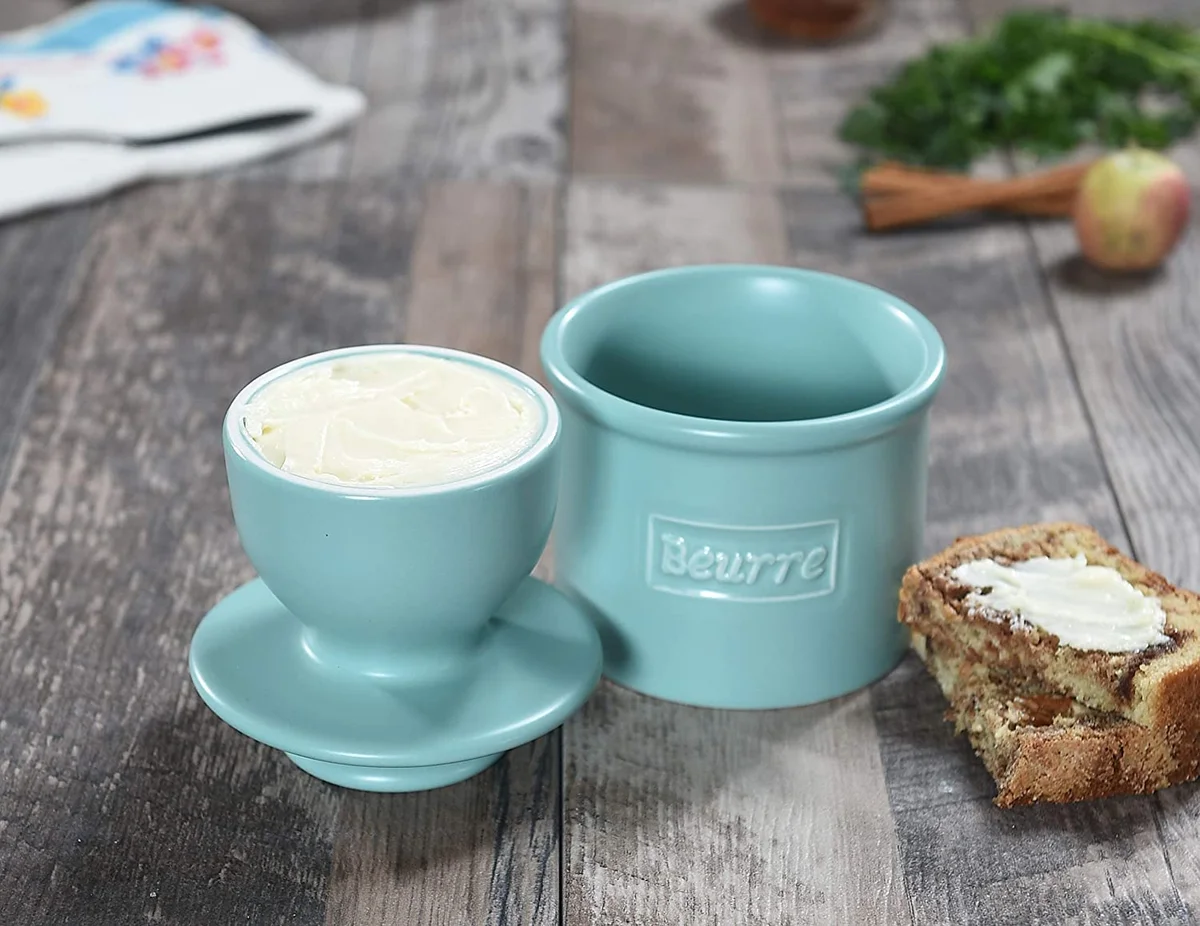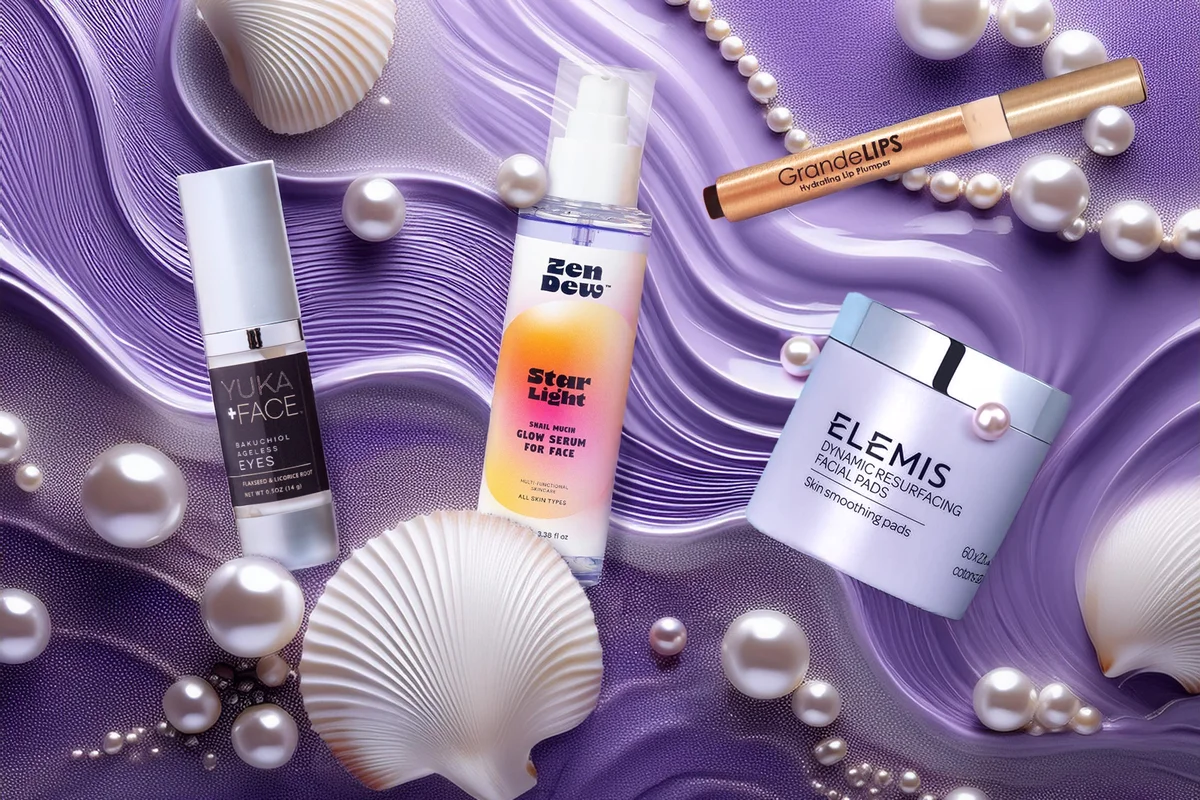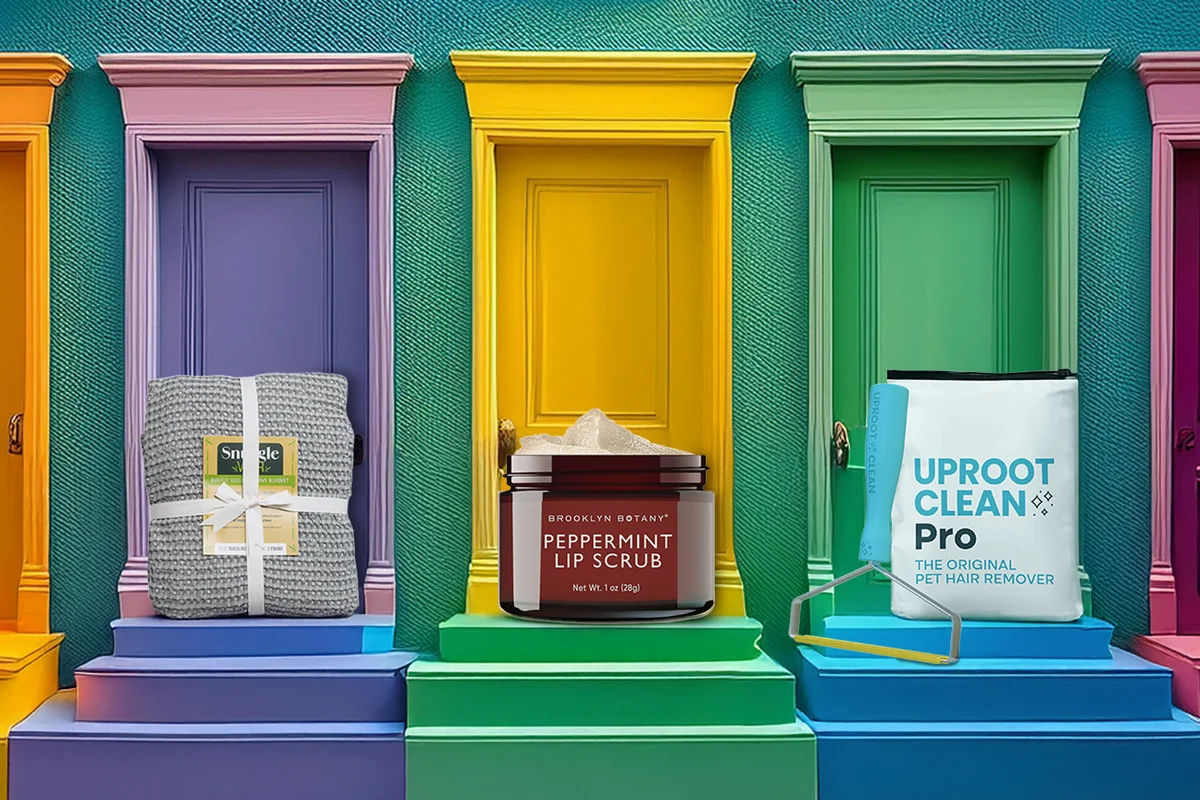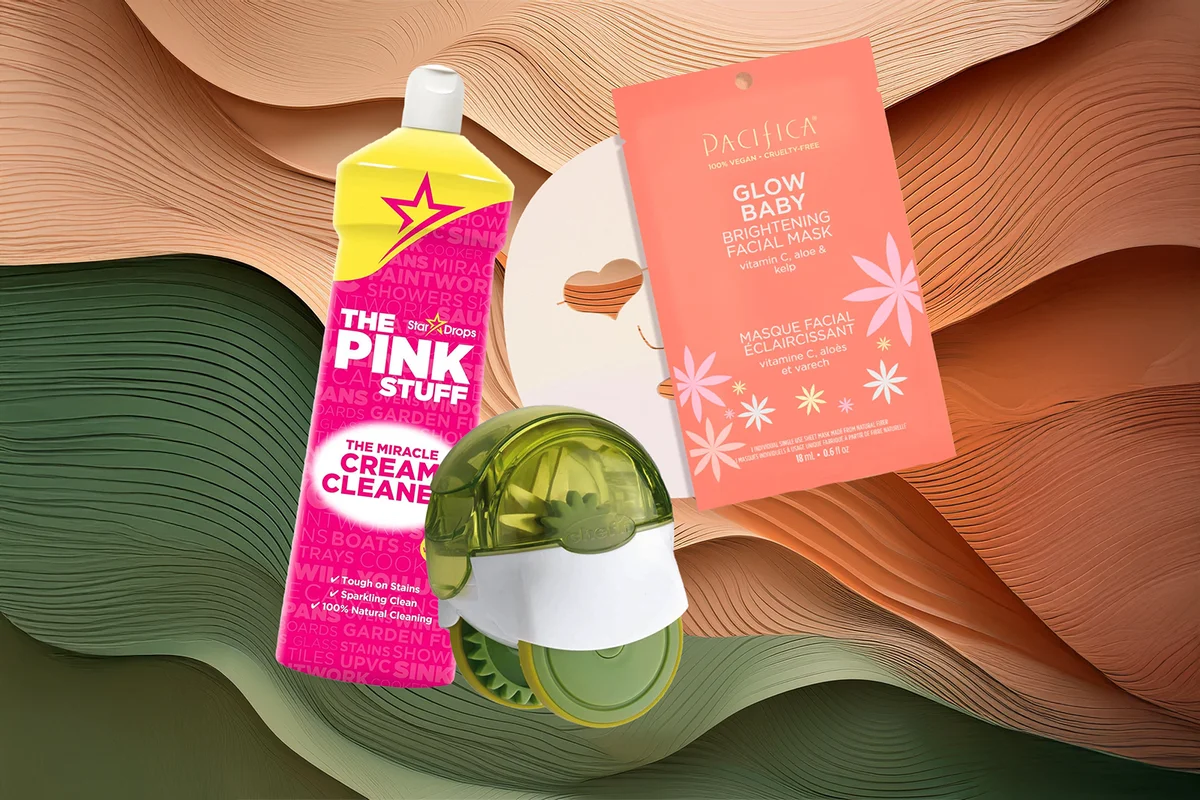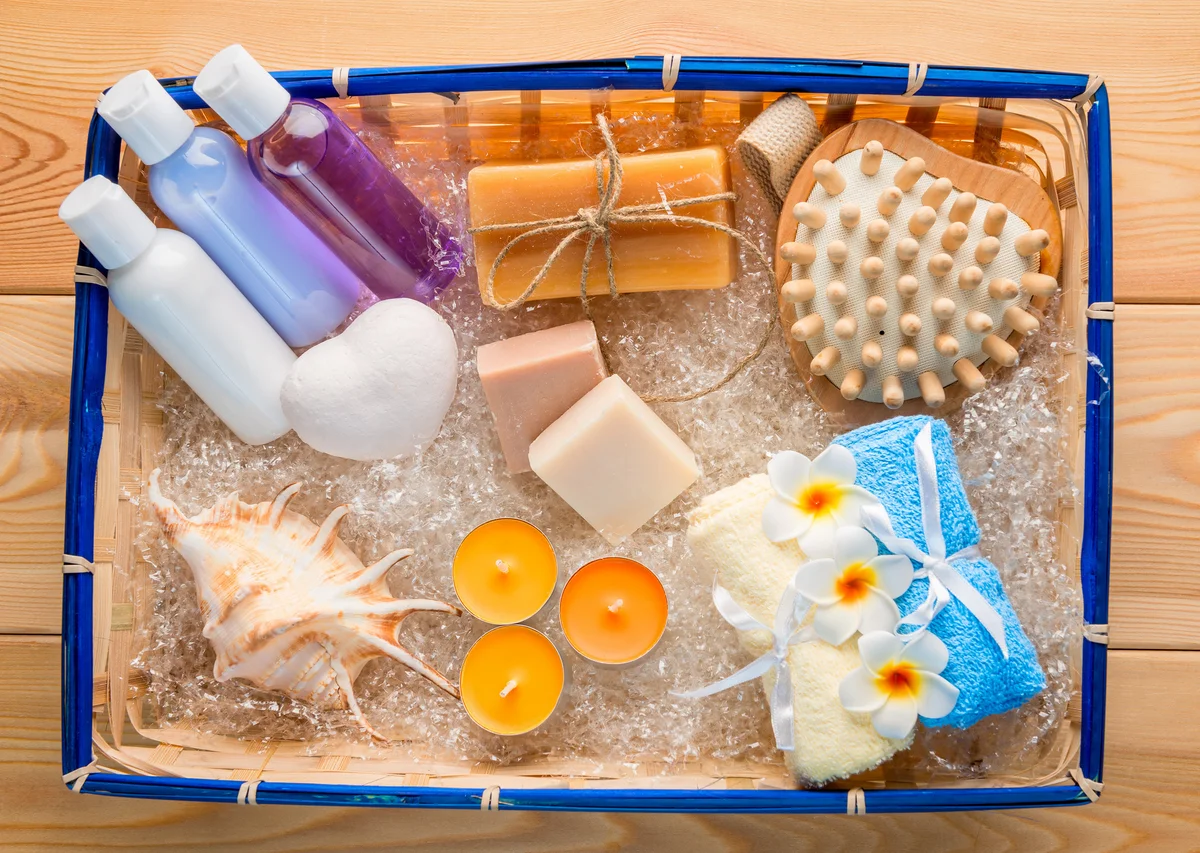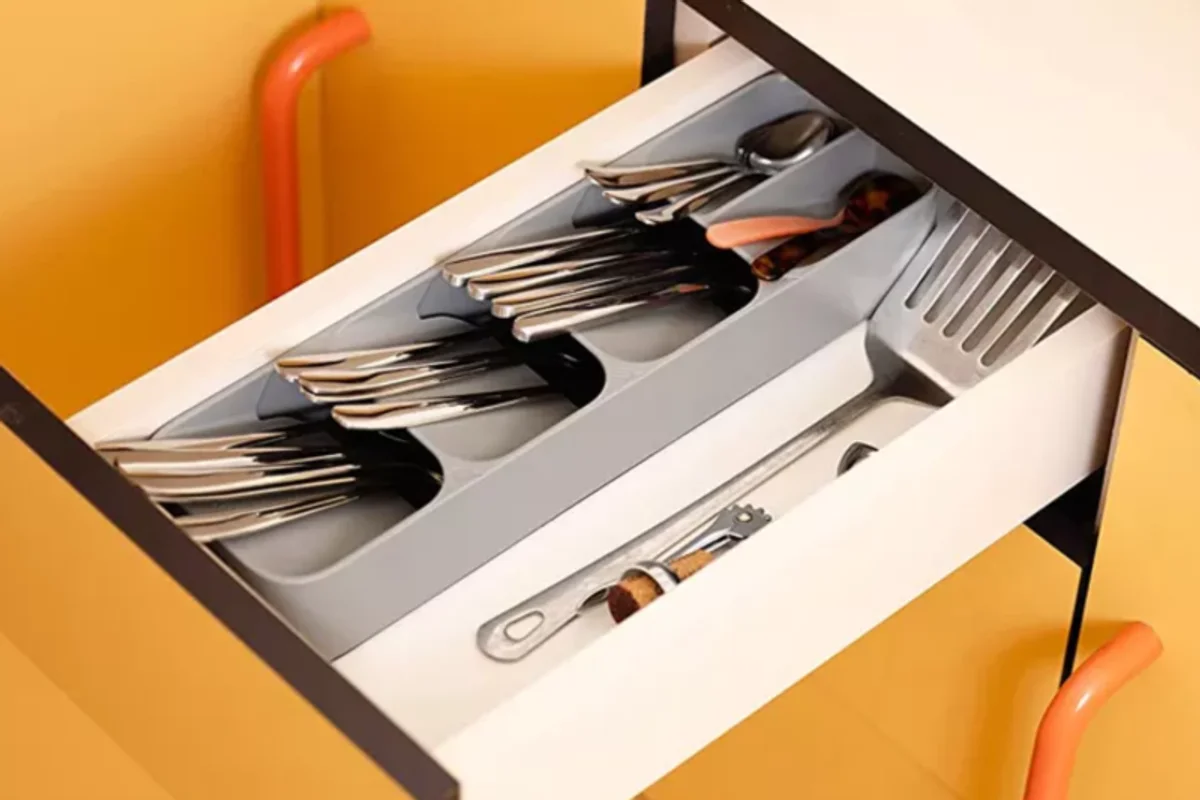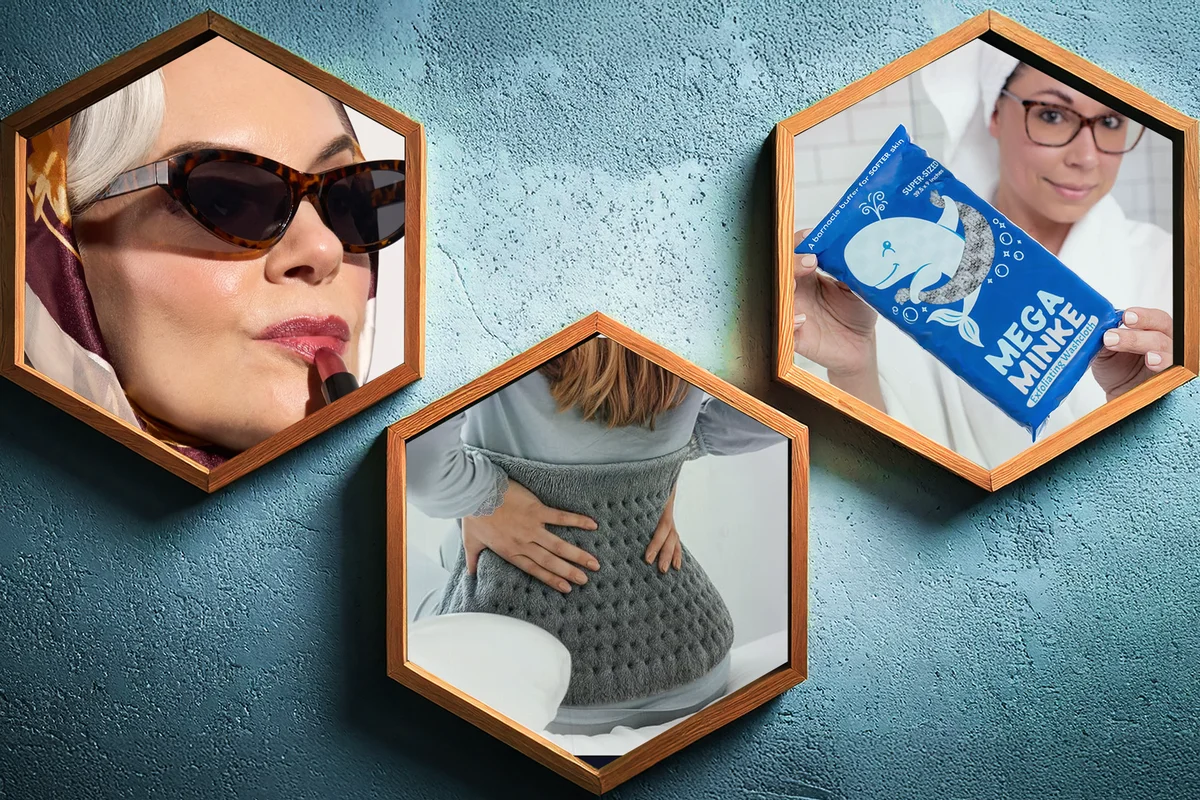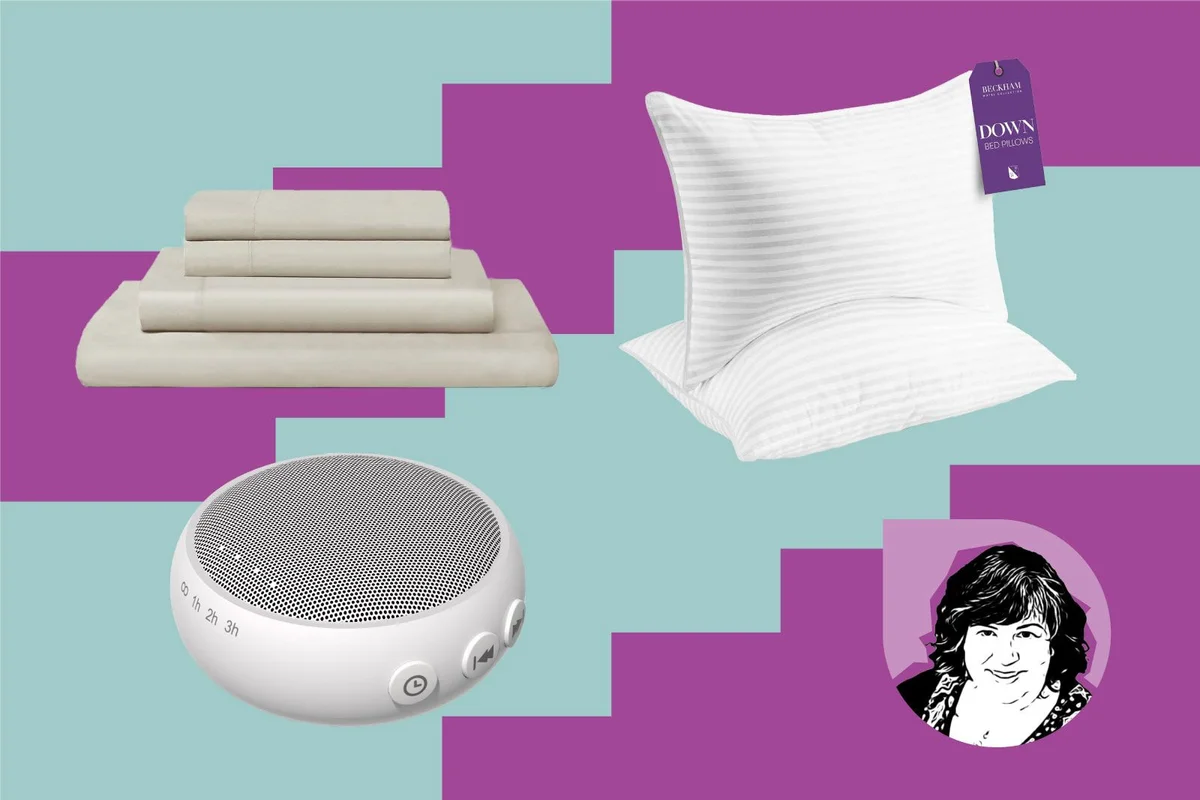
Even as a child, I struggled with sleep, so I spent the better part of my life tired all the time. But even when I went to bed exhausted, I'd sleep for a few hours and then wake up for several hours or the rest of the night most nights of the week. This was not ideal. Because I didn't sleep much, I was chronically wiped out, and it affected every aspect of my life, from mental health issues like anxiety and my ability to cope to physical issues like aches, pains, immunity to illness, and energy levels.
I spent years trying to find ways to sleep better. Some things didn't work at all. Other things were game changers. So whether you have the occasional sleep problem or chronic sleep issues like I had, I'm hoping that the things I found that helped me just might help you, too.
9 Things That Actually Worked to Improve My Sleep
As elusive as sleep felt to me, I was determined to make mine better. After years of randomly trying different things, I decided to take a more measured approach, so I started with an analysis of why sleep was so darn hard for me and what was interrupting it.
I Started a Sleep Journal
First, I wanted to know why I was waking up almost every night. I spent years with an anxious, racing mind, and I was pretty sure this was part (but not all) of my insomnia issues. So it made sense to record everything I did around sleep to see what might be causing the issue. I recorded anything I could think of related to sleep: how much caffeine I had throughout the day and when I drank it (a lot. I had a lot.), what I did in the run up to bedtime, what I noticed when I woke up, the thoughts I had when I went to bed, woke up, and couldn't go back to sleep, and more.
I Used This Sleep Journal to Get to the Root of My Issues
I love writing in journals... for me, it's a better way to organize my thoughts than typing them out or just thinking about things. The journal has a daily tracking system to help you understand your routines surrounding sleep, and it also provides a guided journey and prompts to help you establish better sleep habits. And because your tracking is all in one spot, it's easy to notice patterns that could be affecting your sleep. This is the tool that finally helped me make sense of what was happening and get myself on a better (and more restful) sleep track.
Once I started isolating the cause of my sleep issues, I was able to address them one by one. I implemented the changes one at a time, and I started to notice a difference in my sleep right away. It wasn't perfect, but with each change I added, it got a little better.
I Cut Out Caffeine
I'd be lying if I said I wasn't a total caffeine addict. Caffeine was how I was managing my lack of sleep, and I used it several times per day. Over the years, I'd quit cold turkey, go three to five days with a terrible migraine, and then start back up again after a block of particularly difficult nights. This time, I took a different approach, tapering off the caffeine over several weeks. First, I stopped having it after 2 PM for several days. Next, I stopped having it after noon. Then 10 AM. Then 8 AM. Then, when I was down to my final morning dose of caffeine, I simply used less and less of it over a period of about four weeks until I was able to quit completely without a headache. Even stopping drinking caffeinated beverages after 2 PM made a difference in my sleep. I was finally able to stay out of the vicious cycle of making up for my lack of sleep with caffeine, and caffeine causing me to be unable to sleep.
I Created a Bedtime Routine
For years, I'd heard advice about the importance of creating a bedtime routine, going to bed at the same time every night, and waking up at the same time in the mornings. But since I had busy kids, a job, and an active social life, it was hard for me to commit to getting up and going to sleep at the same time on weekends as weekdays. According to the Sleep Foundation, bedtime routines, "create habits that tell your brain it's time to get ready for bed."
So I started with getting up and going to bed at roughly the same time, and over the years, I've added different things into it that help me... no eating after 6 PM, taking a warm Epsom salt bath before bed, turning of screens two hours before bedtime, and spending a time of quiet reflection before bed for meditation, affirmations, and visualization.
I Changed My Sleep Environment
One of the things I isolated in my journal was how many things in my environment were affecting my sleep and causing me to wake up due to discomfort. I noticed that when I woke up in the middle of the night, there were some common things that factored into it, so all I needed to do was find ways to cancel those things out.
I Hung These Light-Blocking Curtains on My Windows & French Doors
Since I go to bed and get up at the same time every morning, in the spring, summer, and early fall months some light gets into my room. But these blackout curtains make a huge difference, keeping my room at the same level of darkness all night long. I love how affordable they are, and the extra long-length covers my French door windows that always had light seeping in around the shades before. My hubby does shift work, and he loves how dark they keep the bedroom when he has to sleep during the day, too.
I Put This White Noise Machine on My Bedside Table
My husband is a snorer, and we live in the woods with all kinds of critters that go bump in the night in our backyard right outside our bedroom door. This white noise machine is small and simple, but it creates a soothing white noise that blocks out other sounds both inside my bedroom and out of it. I love that it's small enough that I can take it when I travel, so I get good sleep on the road, too.
I Switched to These Super-Soft, Cooling Sheets
I've searched far and wide for the perfect set of sheets, trying various premium brands over the years. When I found these sheets, I knew my search was over. There's just so much I love about them. To start, they're the softest, comfiest sheets I've ever slept in. I've been spoiled for any other sheets anywhere. They're made from eucalyptus (Tencel), and they're lightweight and cooling. They sort of skim your body instead of entangling you (I'm a big sheet tangler). They made a big difference, even with menopausal night sweats and hot flashes. My husband, who's a hot sleeper, loves them too. They come in several neutral shades and all sizes, and they are truly the best sheets I've ever had and totally worth the price.
I Added These Super Comfy Gel Pillows
I was rear-ended by a drunk driver in my early 20s and had a severe case of whiplash. Decades later, I still have issues related to that injury, which makes pillows extremely important. The wrong pillow will wake me up in the middle of the night with neck and back pain and keep me from going back to sleep. These gel pillows are some of the best I've had. I'm a side sleeper, and they support my neck perfectly. I find I don't wake up in pain as much, which means I sleep better. Plus, the pillows are cooling. Since I'm someone who sleeps with a lot of pillows (I hug one and have one between my knees), I have several of them, and they definitely help me stay asleep and wake up with less pain.
I Bought the Most Comfortable Mattress I've Ever Slept On
I can't say enough about this amazing mattress from Purple. Sure, it's a little expensive, but it is worth every darn penny we spent on it. It's a hybrid mattress, and it's supportive and comfortable. In the past, I would wake up most nights with hip pain (I'm a side sleeper), but on this mattress, I don't. I'm not exaggerating when I say it feels like I'm sleeping on a cloud. I roll over, wake up a little, and think, "Oh my gosh I am so comfortable" and immediately go back to sleep. Plus, it's a low-motion mattress, so if you sleep with someone else, you don't really feel them moving around in bed next to you, which is worth its weight in gold.
I Sleep Better Than I Ever Have
With changes small and large, my sleep is almost entirely transformed. Sure, I sometimes wake up, but most nights I'm able to go right back to sleep. And better sleep makes a better me all around. I'm more focused, in less pain, and I don't stagger through my days like a zombie — all good things. So, if sleep is an issue for you, I urge you to start by assessing your sleep hygiene, and then making changes that make sense for you. You'll not only feel better, but your physical and mental health will improve, too, and that's priceless.




